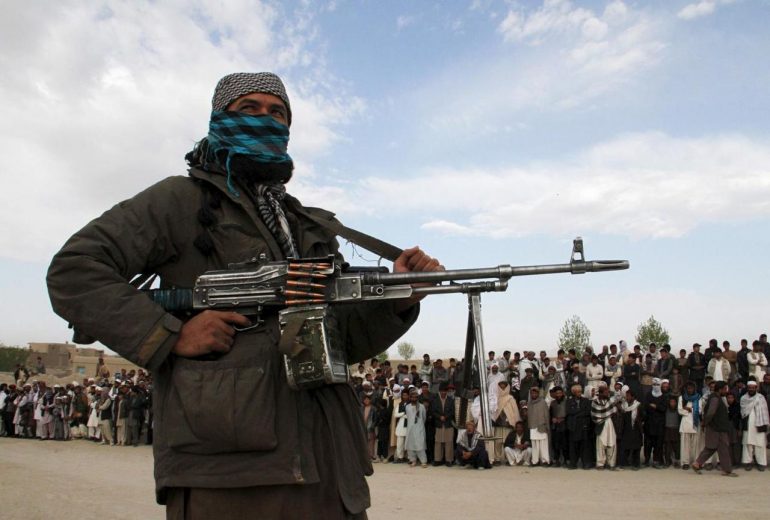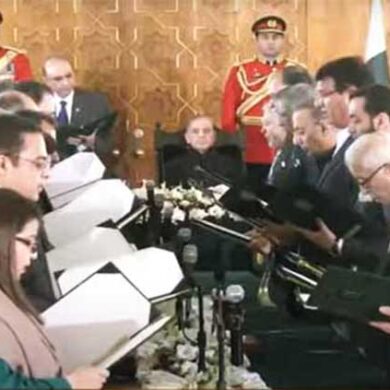The proscribed Tehreek-i-Taliban Pakistan (TTP) refused to prolong a month-long ceasefire with the government on Thursday, accusing it of failing to follow through on previous agreements. The announcement has effectively put the nascent peace discussions on hold.
The TTP issued a statement late Friday evening detailing the six-point agreement is claimed to have been made with the government on October 25, 2021, under the umbrella of the “Islamic Emirate of Afghanistan” (IEA).
According to the agreement, the two parties agreed that the IEA would function as a mediator and that each party would form five-member committees to consider the next course of action and requests of the other side under the supervision of the mediator.
Both parties had also agreed to a month-long truce from November 1 to November 30, 2021, with the government releasing 102 “imprisoned mujahideen” and handing them over to the TTP through the “IEA,” and both sides issuing a joint statement on the ceasefire on November 1, 2021.
The government, according to the statement, not only failed to implement the agreements struck between the two parties, but also conducted raids in Dera Ismail Khan, Lakki Marwat, Swat, Bajaur, Swabi, and North Waziristan, killing and detaining militants.
The TTP said, “Under these circumstances, it is not possible to extend the ceasefire.”
Mufti Noor Wali Mahsud had earlier announced the termination of the ceasefire in an audio message and instructed his soldiers to resume attacks after 12 a.m. On November 9, a cease-fire was declared.
Mufti Noor is heard saying in the audio that because the TTP has not heard back from the mediators or the government, his forces reserve the right to begin attacks wherever they were after midnight.
The TTP’s decision to abandon the truce is a major blow for the government’s efforts to reach an accord with the militants who have waged a decades-long fight against the state.
Both sides had agreed to begin “formal discussions” and had finalized five names of negotiators, according to official sources. Two senior civil servants with prior experience serving in combat zones were part of the government’s negotiation team. While the TTP announced the formation of a five-member negotiating committee, the government appeared to have taken its time in notifying the committee.
According to these sources, a lot of informal discussions took place between the two sides before and throughout the truce, and various confidence-building measures were agreed upon to reassure each other.
The Afghan Taliban is acting as the main mediator between Pakistan and the illegal militant conglomerate, which is made up of many factions.
According to government officials, the Afghan Taliban have provided Pakistani authorities with a number of options, but they prefer to engage the TTP in negotiations and convince them to return to their homeland peacefully.
Impact of ceasefire
There have been no notable violations of the ceasefire or cessation of hostilities. TTP-led insurgent strikes inside Pakistan, which peaked in the days following the Afghan Taliban’s takeover in mid-August, have steadily decreased.
According to official statistics from the government of Khyber Pakhtunkhwa, these attacks have decreased by 28% since October, when the ceasefire went into force.
The only major exception to the ceasefire violations has been a series of 24 attacks in North Waziristan carried out by Hafiz Gul Bahadar (HGB) and TTP-affiliated Aleem Khan Khushali (AKK). HGB is not a member of TTP and has agreed to a separate ceasefire.



